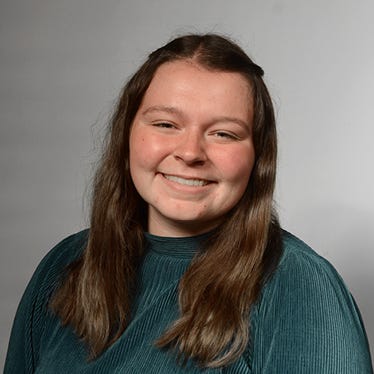
I walked into the High Performance, Low Carbon Liquid Fuels Summit believing that electric vehicles would take over someday, and I left understanding why that simply cannot and will not happen.
The event, hosted by the Indiana Soybean Alliance and Indiana Corn Growers Association membership and policy committee, highlighted the demand and future uses for liquid fuels, emphasizing the growing need for biofuels.
Now, I don’t say that I thought electric vehicles would take over because it was something I wanted; rather, that seems to be the narrative today. With states like California cracking down on vehicles with internal combustion engines, I thought our diesel pickup trucks would soon meet their inevitable end.
However, this event brought me hope. It showed me that low-carbon solutions do not directly equal electric. While electric may be part of the solution, it cannot be the total solution.
Change the energy narrative
“The biggest fundamental challenge is trying to decouple the decarbonization conversation with electric,” said Colin Huwyler, CEO of Optimus Technologies.
He added that renewable biofuels are a key part of that decarbonization solution because crops sequester carbon, making the carbon burned during combustion a closed-loop cycle.
“There’s so much momentum for decarbonization, and there’s this recognition now that some of these fuels — ethanol, biodiesel — maybe got slightly overlooked in this transition, and they’re starting to get a lot more focus,” Huwyler said.
Why were those solutions not put on the pedestal that electric has received? Sure, electric has its benefits, but the carbon released by burning coal or natural gas for electric is released back into the atmosphere, and it does not close the loop as with biodiesels that are burned.
I just think some lawmakers and leaders have been a little too ambitious in assuming that electric is the entire solution, rather than being a piece of the puzzle. It is great to experiment with new avenues, but we should not totally ditch other low-carbon options.
Work in tandem
Greg Shaver, professor of mechanical engineering at Purdue, explained that we’ll never see combustion engines disappear, at least through his lifetime and long after his children’s lifetime.
“Liquid fuels and high-efficiency engines are an incredible combination, particularly for those scenarios for when you need power and you need work done over time,” Shaver said. He sees more electrification on some components of the engine, but he thinks that relying entirely on electric may never be viable.
I feel like that is the best scenario. Finding ways to blend electric components with low-carbon liquid fuels could be that sweet spot that addresses the climate concerns with traditional fossil fuels. I think that electric can be a solid piece of this decarbonization puzzle, but as with many large issues, there is never just one solution.
While all these innovators are working to find new ways to incorporate biofuels and continue to find low-carbon solutions, I can only hope that lawmakers will remain on the same page. It is great to see the opportunities for electric vehicles, but we should not overlook biofuels for a single unproven solution.
About the Author(s)
You May Also Like






